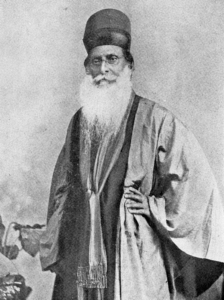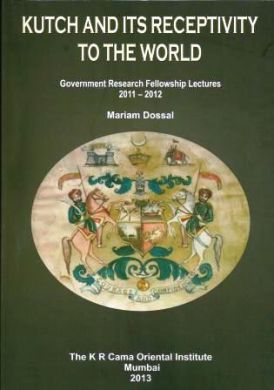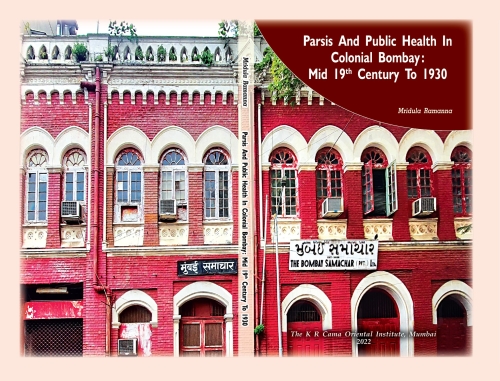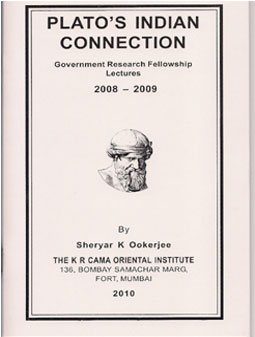Description
The Government Research Fellowship Lectures have been delivered annually by eminent scholars at the K R Cama Oriental Institute since 1919 and in November 2011, Dr Mariam Dossal delivered three well researched lectures in this series, entitled Kutch and its Receptivity to the World. These lectures have now been published in book form to meet the demands of several historians and scholars who could not attend the lectures.
Dr Dossal notes that Kutch had a 400-year history as an independent kingdom between 1548 and 1948. The state’s bardic tradition and school of poets, its distinctive dialect, its religious syncretism resulting from a strong Sufi tradition and above all, its unique but harsh environment have contributed to the evolution of a distinctive Kutchi culture and identity.
The first chapter, ‘The River Indus and the Nomadic Communities of Kutch’ explores the importance of the Indus in the lives of the many pastoral communities of Kutch, including those who migrated from Central Asia. Their legends, myths, symbols along with their economic activities and exquisite crafts, enable us to better understand their pastoral world.
The second chapter, ‘The Indian Ocean and the Maritime Communities of Kutch’ deals with the State’s rich tradition of navigation and the numerous maritime communities that engaged in both coastal and oceanic trade. The use of maps, charts, voyage records and navigational instruments coupled with a developed ship-building tradition, made Kutch a leading maritime Kutch, focusing on the importance of the sea to the region’s economy and cultural identity.
The final chapter, ‘Royal Patronage, Local Needs and European Influence on the Crafts of Kutch’identifies the varied manufactures of the region, including embroidery, silver and wood work, ship-building, cannon-making, clock manufacture and block-printing. While some products were intended primarily for the royal family, others were for everyday use of the people. The author recounts the attention to detail and the developed sense of colour and design and the European, Chinese and African influences on the crafts of Kutch, indicative of the state’s receptivity to the world.
Dr Mariam Dossal retired as Professor of History, Bombay University. She has been the recipient of a number of prestigious fellowships and awards, including an Indo-US Visitorship under the Fulbright Programme for post-doctoral work. The Indian History Congress honoured her with the Pandit Hiralal Gupta Prize for her bookImperial Designs and Indian Realities – The Planning of Bombay City. In 1999, she was awarded the Bombay University Medal for Excellence.
Dr Dossal has been widely published; her recent books include Theatre of Conflict, City of Hope and Mumbai – c.1660 to Present Times. She has over fifty published papers to her credit.





